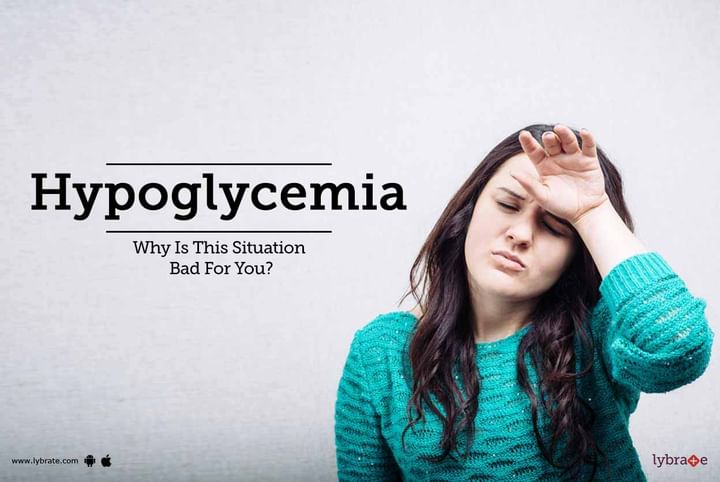Hypoglycemia - Why Is This Situation Bad For You?
Hypoglycemia, commonly referred to as low blood sugar is the condition of the body, when the level of blood sugar falls down below the normal level. This lead to clumsiness, feeling shaky, feeling confused, losing consciousness, serious seizure. Severe lowering of blood sugar may cause death. You are likely to feel exhausted and very hungry. The symptoms usually show quite quickly.
Hypoglycemia is commonly caused due to diabetes medicine like insulin, sulfonylureas. Starving for long hours, over straining the body or extreme alcohol consumption may lead to hypoglycemia. Failure of the kidneys, liver diseases, sever infection, adrenal insufficiency, growth hormone deficiency and rare disease called insulinoma also lead to hypoglycemia.
Fall in the the blood-sugar level must be taken very seriously and never be ignored. If you feel the symptoms of lowered blood sugar, it is advised that you immediately take a sugar test. If you cant take sugar test take immediately some carbohydrate rich food like sugar, jaggery, honey, chocolates, biscuits. After eating wait for 15 minutes. If you still feel uncomfortable repeat the carbohydrate intake. Once settled you need to consult Endocrinologist.
You need to increase the glucose intake, so that the blood-sugar level rises up.
Here are some steps you should follow to control hypoglycemia.
- Keep away from the practices which lead to hypoglycemia: The best way of keeping away from hypoglycemia is by taking all measures which would avoid the condition to develop. The medical schedule of diabetic patients should be closely monitored and optimized by the patient's caregivers. Their lifestyle should be kept under check. It should be ensured that the patients do not skip meals.
- Discuss problems with the patient: Patients and their guardians must be properly educated about the disease, and what important steps they should take, in spite of all kinds of prevention treatments they take. Teach them about the symptoms and the steps to be taken in case of any emergency. They must know that the process is ongoing. Every patient is different from another and hypoglycemia differs from person to person.
- Glucagon: It is the hormone which increases the blood glucose levels. You need to consult your Endocrinologist before use of glucagon.
Hypoglycemia is a serious problem. Lowering or fall in your blood-sugar level must never be ignored, and measures must be taken to regain your sugar balance immediately.



+1.svg)
